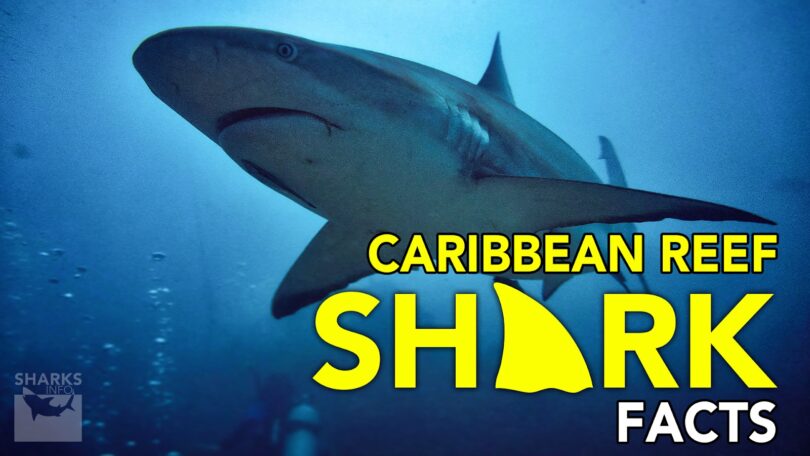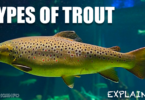Scientifically known as Carcharhinus perezi, the Caribbean sharks are the most common species that belong to a group of requiem sharks. These species are gaining people’s attention because they are mostly found visiting diving sites that are harmless to them. Let’s figure out some of the interesting facts about Caribbean reef sharks.
Caribbean Reef Shark Facts
The knowledgeable facts about the Caribbean shark are explained here:
Fact #1: They Are Classified As The Member Of The Requiem Group
These species belong to the Class Chondrichthyes, Order Carcharhiniformes, Family Carcharhinidae, and Genus Carcharhinus.
Fact #2: They Are Widely Distributed Over The Globe
They have been widely distributed in the tropical waters of the Atlantic Ocean, the Gulf of Mexico, Brazil, the Bahamas, and Florida, and are commonly found along the reef regions of the Caribbean Sea.

Fact #3: They Are Capable of Diving Deep in the Ocean
These species are found living at the depth of 100 feet but they are also capable of diving down to a depth of 1,250 feet.
Fact #4: They Are Also Named As Sleeping Sharks
These sharks are titled with the name of Sleeping sharks, as they are mostly found resting on the ocean floor motionlessly.
Fact #5: They Exhibit Vivid Color Patterns
They exhibit unique patterns of colors – greyish brown from the dorsal side and whitish yellow from the ventral side.
Fact #6: They Have Unique Appearance
They have short rounded snouts and large eyes which provide them excellent vision while hunting.
Fact #7: The Skin Has Spines
The skin is covered with spiny dermal denticles which provide them protection from predatory animals.
Fact #8: The Size Varies Greatly
These sharks are 6.6 to 8.2 feet long and are 150 pounds in weight. Further, the largest specimen can reach a maximum length of 9.8 feet ever recorded.
Fact #9: Liver Provides Buoyancy
They do not have swim bladders the liver contains high content of fats and oils which provides them buoyancy while swimming.
Fact #10: They Are Nocturnal
The reef sharks are active swimmers and hunt their prey mostly at night hours.
Fact #11: Feeds On A Variety Of Food Stuff
The diet of these species consists of largely bony fishes, stingrays, octopuses, squids, and crustaceans.

Fact #12: Exhibit Passive Social Behavior
These species have friendly relations with other aquatic creatures as well as with humans and do not possess any harm to them.
Fact #13: Attack When Threatened
When threatened, Caribbean reef sharks make unique movements such as changing direction continuously or dipping their pectoral fins rapidly.
Fact #14: They Exhibit Viviparity
These species reproduce via a viviparous mode of reproduction and give birth to 4 to 6 pups, after the gestation period of 12 months. The studies show that they can have an expected life span of 14 years.
Fact #15: Rarely Attack Humans
Up now about 27 cases of Caribbean shark attacks have been reported since 1960.
Fact #16: Population Is Declining Rapidly
The Caribbean reef sharks are listed as Near Threatened species by the IUCN, as they are very popular among the fisheries which may lead to the decline of their population.
Final Verdict
The Caribbean reef sharks are the widely distributed species in ocean waters. These remarkable creatures exhibit a vivid color pattern making them easy to recognize. Further, these species are nocturnal and mostly become active at night hours. The largest species of Caribbean sharks can reach a length of 9.8 feet. These species do not pose harm to humans but attack only when provoked or threatened. Due to extreme human activities and changing environmental patterns, these sharks are disappearing from the oceans at an alarming rate.







